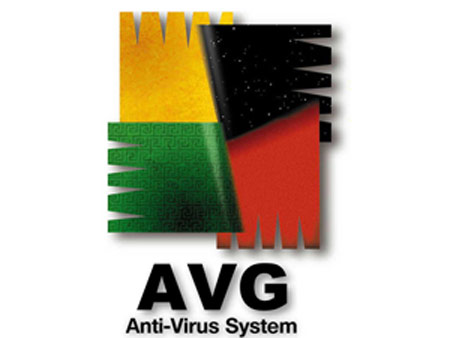Users of the popular security software solution were in for a rather lousy surprise this week when they updated their AVG 7.5 and 8.0 antivirus programs. This is because the update identified a key feature of Windows XP as a Trojan program and prompted the users to delete it – this consequently caused the Windows-based operating system to go berserk and enter a reboot cycle. It must be noted that only a few Windows XP versions were affected: the French, Italian, Dutch, Spanish and Portuguese ones.
“AVG is actively working to remedy the problem some users are experiencing related to the most recent update to commercial and free versions of AVG 7.5 and AVG 8.0 in some languages. A number of users who installed the update mistakenly received a warning that the Windows system file user32.dll product version 5.1.2600.3099 was infected with a Trojan virus and were prompted to delete a file essential to the operation of Windows XP,” said an AVG spokesperson.
The file that AVG mistakenly took for a Trojan is user32.dll and while many of us may recognize it and go “why the hell would you take AVG’s word for granted and delete it?” it seems that numerous AVG users (including those who employ the free software version) did not realize the dll file is vital for running Windows XP properly. For the time being it is yet unclear if the recent AVG update had a negative affect on machines running Windows Vista.
This is not the first time that AVG had to scramble its team of experts to fix a compatibility issue. About a month back another AVG software update lead to the failure of popular firewall program Zone Alarm. I do admit that I find the free version of this antivirus software as an enticing alternative to other hefty security software solutions that are out there, but with all the recent snags, is it really worth it? Every time you update you have to be cautious not to cause harm to another software program you have installed on your machine, or even to the operating system itself.
“AVG is actively working to remedy the problem some users are experiencing related to the most recent update to commercial and free versions of AVG 7.5 and AVG 8.0 in some languages. A number of users who installed the update mistakenly received a warning that the Windows system file user32.dll product version 5.1.2600.3099 was infected with a Trojan virus and were prompted to delete a file essential to the operation of Windows XP,” said an AVG spokesperson.
The file that AVG mistakenly took for a Trojan is user32.dll and while many of us may recognize it and go “why the hell would you take AVG’s word for granted and delete it?” it seems that numerous AVG users (including those who employ the free software version) did not realize the dll file is vital for running Windows XP properly. For the time being it is yet unclear if the recent AVG update had a negative affect on machines running Windows Vista.
This is not the first time that AVG had to scramble its team of experts to fix a compatibility issue. About a month back another AVG software update lead to the failure of popular firewall program Zone Alarm. I do admit that I find the free version of this antivirus software as an enticing alternative to other hefty security software solutions that are out there, but with all the recent snags, is it really worth it? Every time you update you have to be cautious not to cause harm to another software program you have installed on your machine, or even to the operating system itself.

























